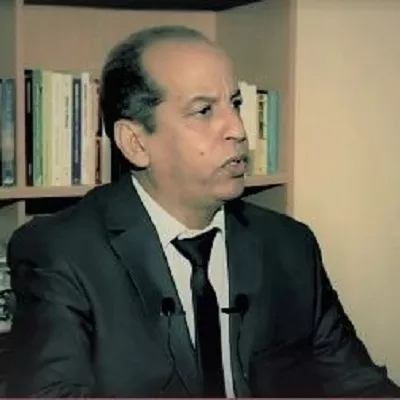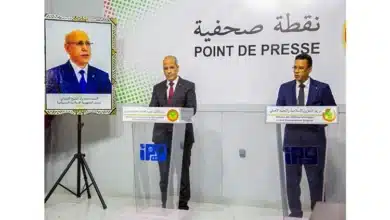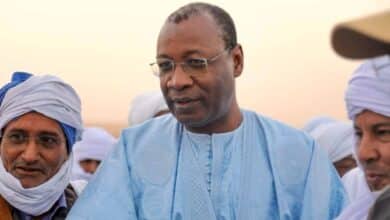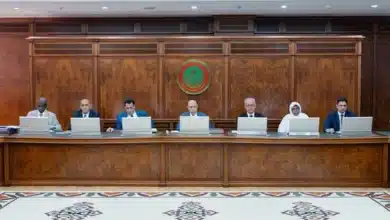
The failed putsch of the Fula-Tekrur officers
They were young Fula and Tekrur officers. Some of them were of Senegalese origin. Prior to this date, recruitment into the army was unhindered, as the numbers of officers, non- commissioned officers, and men involved in this attempt prove. The number of officers alone was 50, and some claimed that Black soldiers made up the bulk of the troops.
Therefore, tensions were simmering. At that time, Mauritania was still under a military regime, and access to power was through a putsch. The first of the series was in July 1978, led by the chief of staff, Colonel Moustapha O. Mohamed Saleck, and enjoyed broad consensus within the army, including among the senior Fula-Tekrur officers. The motive for this action was the end of the war and the withdrawal from the part of the Sahara occupied by Mauritania two years earlier.
The attempt by the Fula-Tekrur officers was of a different nature, purely ethnic, and closely linked to previous events: the clashes of 1966, the crisis of the ‘Manifesto of the Oppressed Negro Mauritanian’, and the incidents of 1979 relating to Circular 002 of April 1979 of the Ministry of Basic Education, which had raised the coefficient of Arabic and subjects in Arabic.
Also, in the seventies, when young Arab Mauritanians trained in Arabic entered the civil service and ‘became competitors for their compatriots from the south’, the arrival of new promotions of officers and non-commissioned officers of the same ethnicity following the Sahara war, swelling the army’s ranks, was a worrying prospect for the Black Mauritanian ethnicists, who would lose control over the army as they had lost control over the civil service.
As a result, the Arab Mauritanian rush on the army had to be stopped before it was too late. Accordingly, the Fula-Tekruri officers planned a military coup to capture power, but the cat was out of the bag, and the conspirators were arrested and tried by a court martial. Three officers were sentenced to death, and the rest of the plotters to prison sentences, some with hard labour.
Ely Ould Sneiba
Mauritania: the ethnic issue explained PP 118-120




